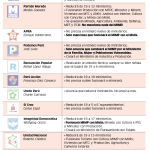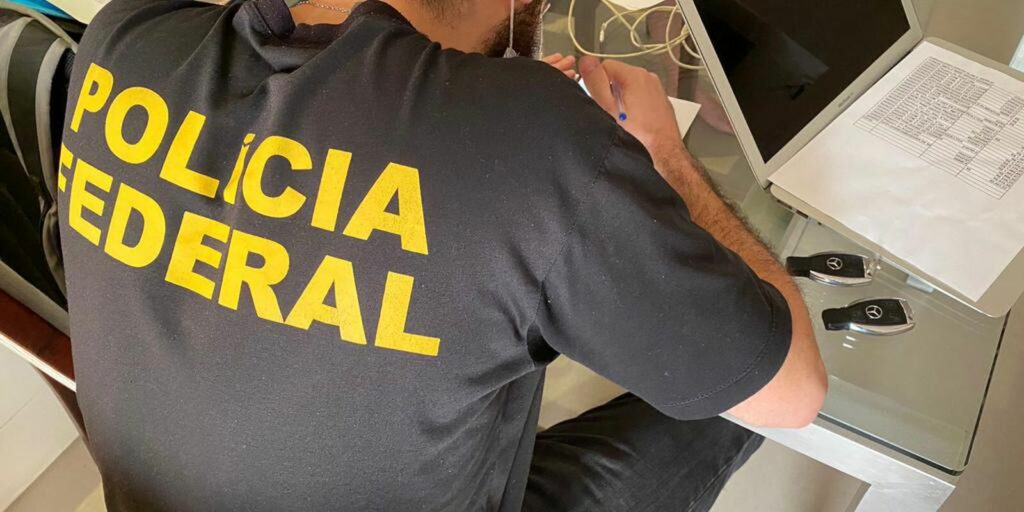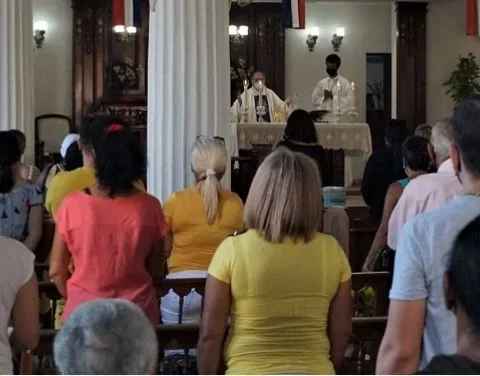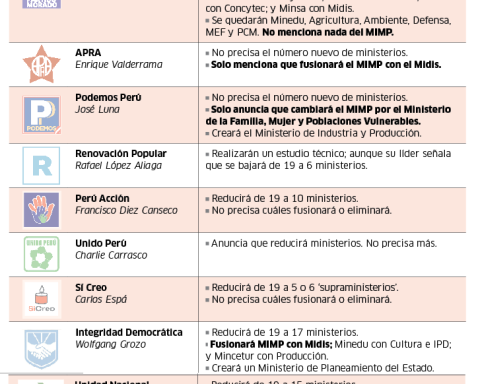Two days after reaching an agreement, the group of six lawyers –representing the different political parties– has already been summoned and is looking for times to start meeting. So far, the parties have only nominated men, such as the socialist candidate Gabriel Osorio, a lawyer whose nomination was not without controversy, for being one of the main advisers to the president of the PS, Paulina Vodánovic.
It should be remembered that this group of lawyers will be in charge of drafting the parliamentary motion that must be processed in Congress and approved by 4/7 of the parliamentarians. The text, along with translating the pact into a legislative bulletin, will have to take care of several loose ends, such as, for example, the way to implement parity, the quality of independence of the members of the parties in formation, in addition to the diet of the members of the eventual Constitutional Council.
In this context, the president of the Social Green Regionalist Federation (FRVS), Flavia Torrealba, referred this Wednesday to the problems and weaknesses in the cross-negotiations, which could bring down the constituent agreement reached this Monday, and warned that “if the The economic right does not lift the veto on the government’s pension and tax reforms, the agreement could eventually collapse”. For the official leader, I Approve Dignity has made “very painful concessions, considerably limiting our proposal for transformative change. It is time for large companies and large economic groups to put on the shirt for Chile and approve these emblematic projects,” she said.
From the FRVS they insist on linking these two processes, while in the opposition they point out that it could be a pressure strategy, in pursuit of obtaining the necessary votes to carry out both emblematic projects of the Executive. However, in the ruling party they point out that this position responds to an isolated vision and that it is not necessarily shared by the rest of the collectivities that make up both Approve Dignity and Democratic Socialism.
“You have to separate the action of the Government, and its reforms, from the constituent agreement. I believe that it has to go its separate tracks, and that one of the lessons we take from the past is that the constituent process has to follow its own course, both in citizen incidence as well as in the discussion of the sovereign body to give that discussion, and I would believe that the Government has to start worrying about moving forward with its reforms, and also attack social emergencies such as security and cost of living, but not interfere in the constituent discussion”, pointed out the president of Comunes, Marco Velarde.
In this sense, and although he shared that the right torpedoed the emblematic reforms of the Government and exerted pressure beyond what should be in the constituent agreement, he pointed out that the ruling party showed all the democratic credentials regarding the new process will be big agreements and where no political sector will be excluded.
And although the parties seek that said agreement be as exhaustive as possible, the truth is that the document signed this Monday still has aspects to be resolved. One of them, and one that has aroused greater media attention, is the one related to the remuneration of the constitutional advisers, the 24 experts and the 14 lawyers that will make up the Admissibility Technical Committee. A whole controversy that escalated after a statement by the president of the Chamber, Vlado Mirosevic, who assured that “they will not receive a diet, since these are people who, having an unconditional commitment to the country, are going to serve Chile through this instance.”
A phrase that was not entirely accurate and that has brought new problems for a government that requires the necessary unity to unlock the constituent discussion and, also, move towards compliance with its reform program, with which President Gabriel Boric achieved prevail in the 2021 elections. From the PS, for example, they responded quickly, assuring that “the constituents must be paid remuneration.” “Every Chilean man or woman who provides a service needs to receive payment for the work done, especially if that service is transcendental for the history of our country, such as supporting and helping in the writing of the new Fundamental Charter,” commented the Deputy Marcos Ilabaca.
Tutelage: The Commons Warning
“As Comunes we have legitimate objections to the agreement, because they limit participation and the nature of the process. We recognize the need for a technical council to accompany the discussion, but we believe that there are excessive elements of tutelage that restrict the democratic debate,” the party said in a release.
“We will be available to dispute and improve whatever is necessary, so that the process has the citizens as protagonists,” they added from the community.
In turn, they stated that they signed the agreement “because we think it is our duty to respond to the sovereign mandate to have a new Constitution that replaces the one imposed by the dictatorship and that allows us to advance in social rights.”
Let us remember that the agreement contemplates a Commission of Experts, a Constitutional Council and a Technical Admissibility Committee. The first body will be made up of 24 experts: 12 appointed by the Chamber of Deputies and the other 12 by the Senate. He will be in charge of preparing a draft, which will serve as the basis for the Constitutional Council.
The Constitutional Council, for its part, will be made up of 50 elected people. Meanwhile, the Technical Committee will be made up of 14 experts appointed by the Senate – based on a proposal made by the Lower House. Its task will be to review the norms approved in the two aforementioned bodies, to detect eventual inadmissibility with respect to the institutional bases defined in the agreement.


















